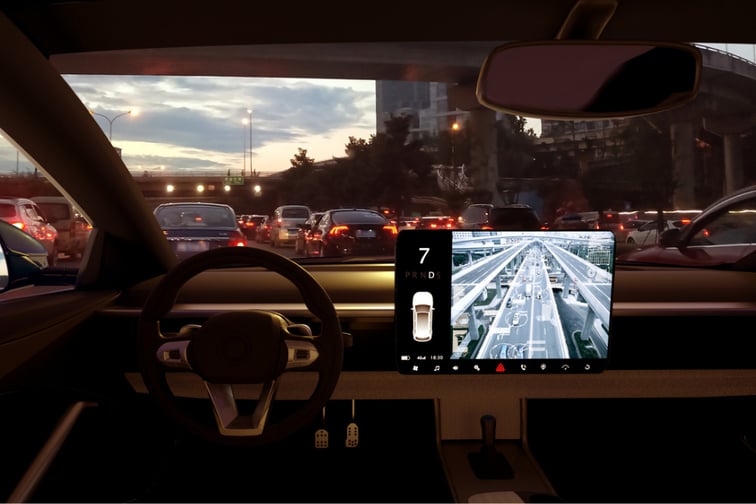

The government has pledged to revise The Highway Code to ensure that the first set of self-driving vehicles are safely introduced – and this could be as early as the latter half of this year.
In April 2021, the UK government was the first in the world to green-light the use of self-driving vehicles at slow speeds on motorways. However, insurances companies have called out the term “self-driving” as problematic, claiming that this will lead users to overestimate the performance of automation. Ian Kershaw, head of motor claims at Allianz Commercial, said educating the public about the realities of automated vehicles is a must.
“While we welcome progress towards self-driving cars, we need to be cautious about giving a distorted view of what using a self-driving car will actually be like. Road safety is paramount, and so is understanding the rules about when drivers can take their attention off the road. This will be allowed only under certain precise circumstances,” Kershaw said. “That is why, as an industry, we must continue to educate the public about automated and self-driving vehicles.
The new and improved Highway Code will delineate driver responsibility in self-driving vehicles, including when a driver must take back control, especially as they approach motorway exits. In addition, the plan will explore the kind of content drivers are allowed to view on built-in display screens while the automated vehicle is in control.
For Daniel West, partner and head of product liability at Horwich Farrelly, the type of activities permitted will depend on considerations such as the level of immersion and the length of time needed for a user to regain situational awareness.
“For motor insurers, the transition demand period and the ability of the user to respond to that will be an important consideration. A failure to respond appropriately, or at all, can mean the user becomes culpable for any resulting collision,” Farrelly said. “Therefore, the types of activities that a user is permitted to undertake will have a significant impact on the risk that insurers assign to an automated driving system.”
Ultimately, he believes, motor insurance companies can no longer operate in a “business as usual” mindset and should expect massive changes moving forward.
“It seems likely the law will adapt as the technology improves and as we learn more about the ability of users to disengage from different types of activities,” Farrelly said. “It is a hot topic for, amongst others, insurers and the legal profession.”
